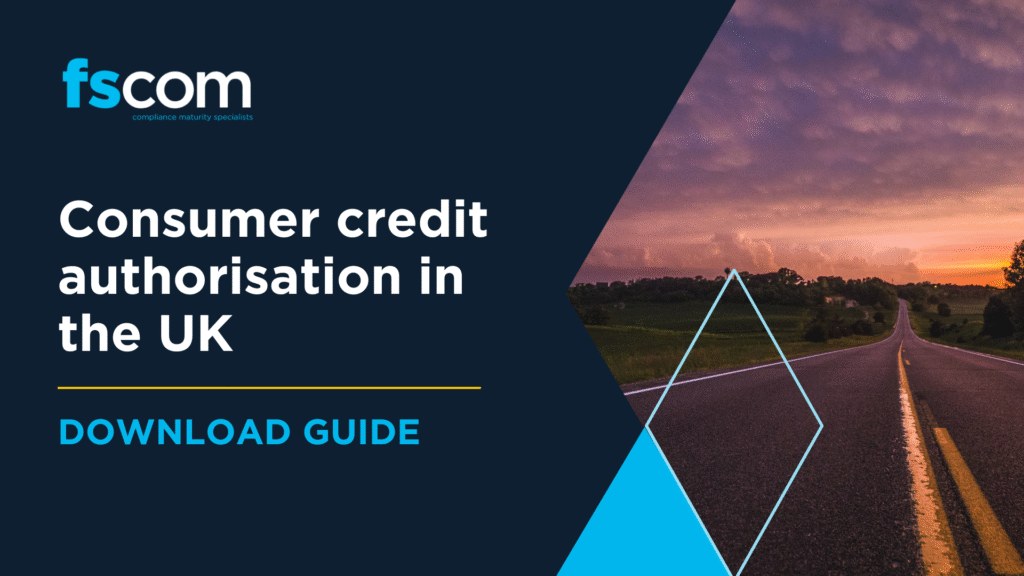Are you thinking of launching a consumer credit business in the UK? Whether it’s loans or credit cards, there’s one non-negotiable step: FCA authorisation. This isn’t just a regulatory box to tick, it is your stamp of credibility. Tackling the process, however, can feel like a maze. Missing a step could cost you time, money, credibility, or even your application. Understanding what the FCA expects from applicants is essential to a smooth and successful authorisation journey.
In this article we set out what the key considerations for applicants should be to ensure a smooth and successful authorisation, based on our extensive experience of helping firms in the UK with obtaining FCA authorisation as a consumer credit firm.
- Understanding what are regulated activities
Not every activity your business undertakes requires FCA authorisation. However, failing to identify regulated activities can be costly. Consumer credit lending, debt adjusting, and certain credit broking activities are regulated, while ancillary services may not be. It’s critical to map out all the services your firm provides and determine which fall under FCA oversight before starting your application.
- Demonstrating capability and compliance
The FCA doesn’t just want a good idea — it wants assurance that your business can operate safely and sustainably. This includes:
- Governance structures: clear roles, responsibilities, and decision-making processes.
- Risk management processes: robust policies to identify, monitor, and mitigate risks.
- Financial resilience: adequate capital, liquidity, and plans for adverse scenarios.
- Fit and proper management: key personnel must have the skills, experience, and integrity to run the business.
Preparing early in these areas helps ensure your application won’t be delayed by additional queries from the regulator.
- Preparing a strong application
A successful authorisation application is more than a form — it’s a story of your business. You need to present your business model, governance, and compliance framework clearly and persuasively. Common pitfalls include:
- Incomplete or inconsistent information
- Weak policies or insufficient operational detail
- Lack of clarity on management responsibilities
Taking the time to build a comprehensive application reduces the risk of delays, extra costs, or even rejection.
- Ongoing obligations post-authorisation
Getting authorised is just the beginning. Once approved, firms must continue to meet FCA standards, including:
- Reporting requirements and regulatory returns
- Compliance with consumer protection rules
- Ongoing governance and risk monitoring
Planning for these obligations early allows your business to operate smoothly and avoid compliance gaps.
Why a Roadmap Helps
FCA authorisation doesn’t have to be a guessing game. A clear roadmap — outlining each stage of the application, the supporting documents needed, and the deadlines involved — helps you avoid common pitfalls. It saves time, reduces costs, and positions your business for long-term success.
For a detailed breakdown of the process and practical tips for FCA authorisation, check out our full guide below:
Ready to take the next step?
At fscom, our team of experienced compliance professionals can guide you through every stage, from initial planning to post-authorisation compliance. With our support, you can smooth the path, reduce risk, and secure FCA authorisation with confidence. To find out more, get in touch.




